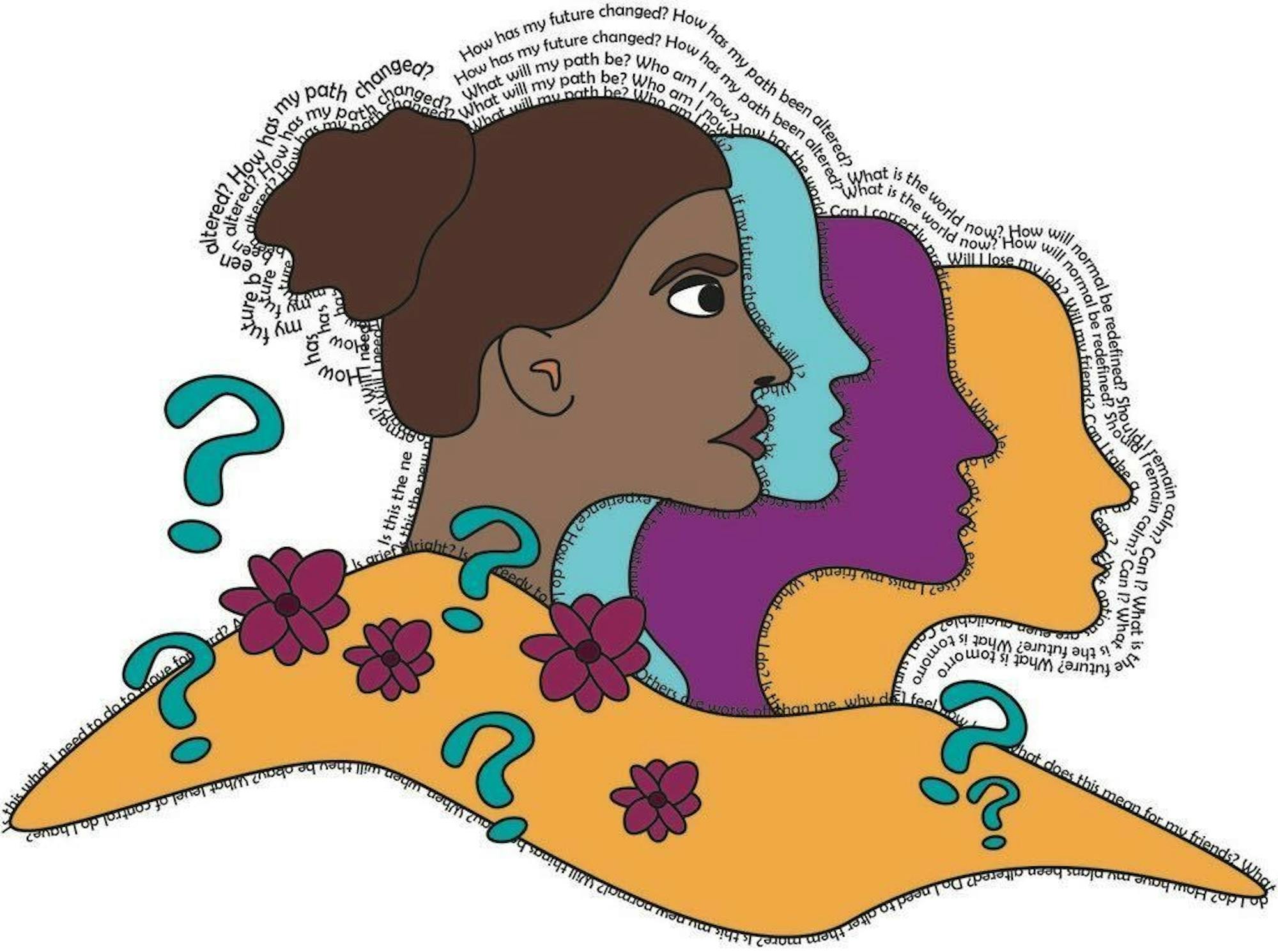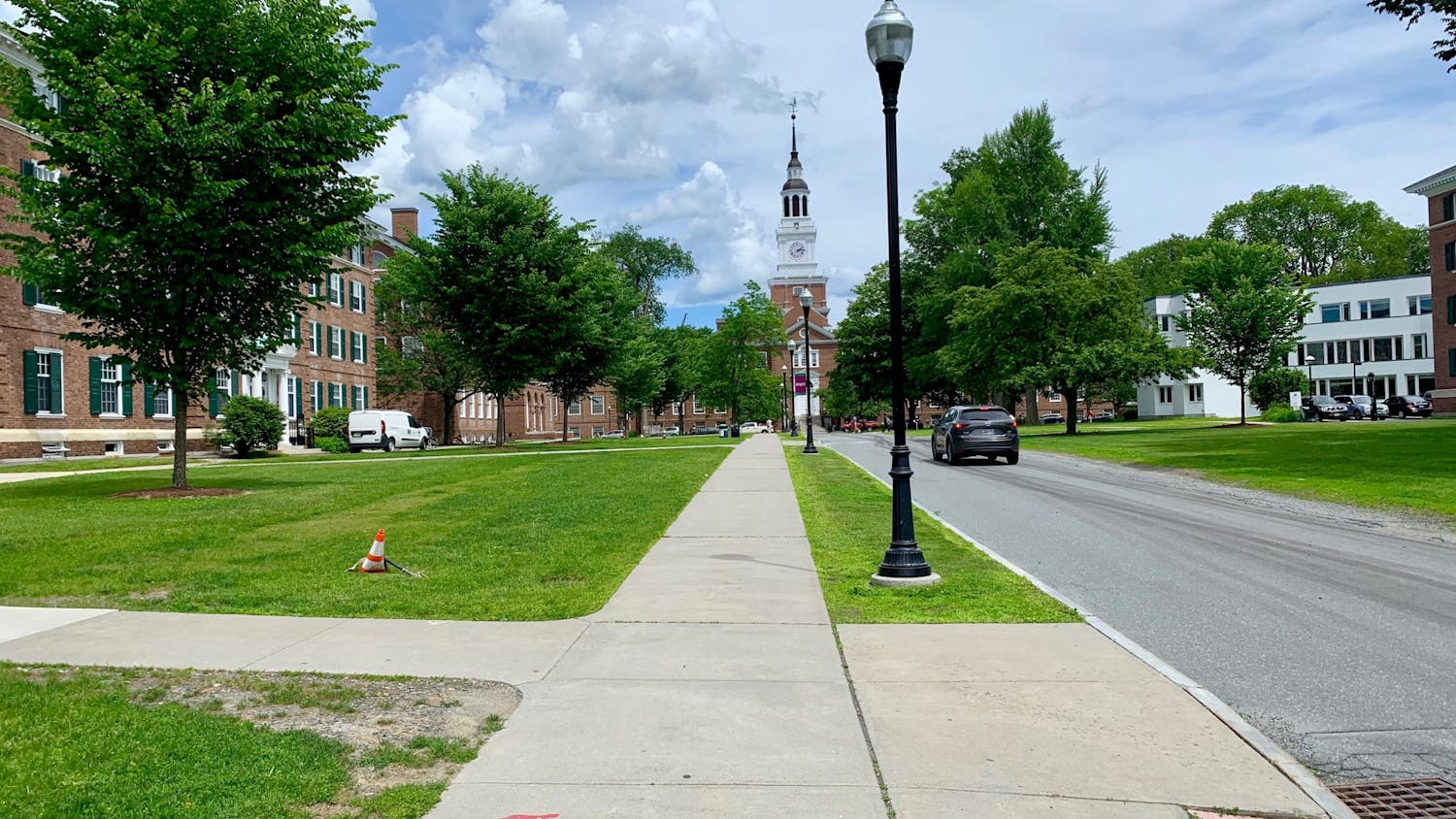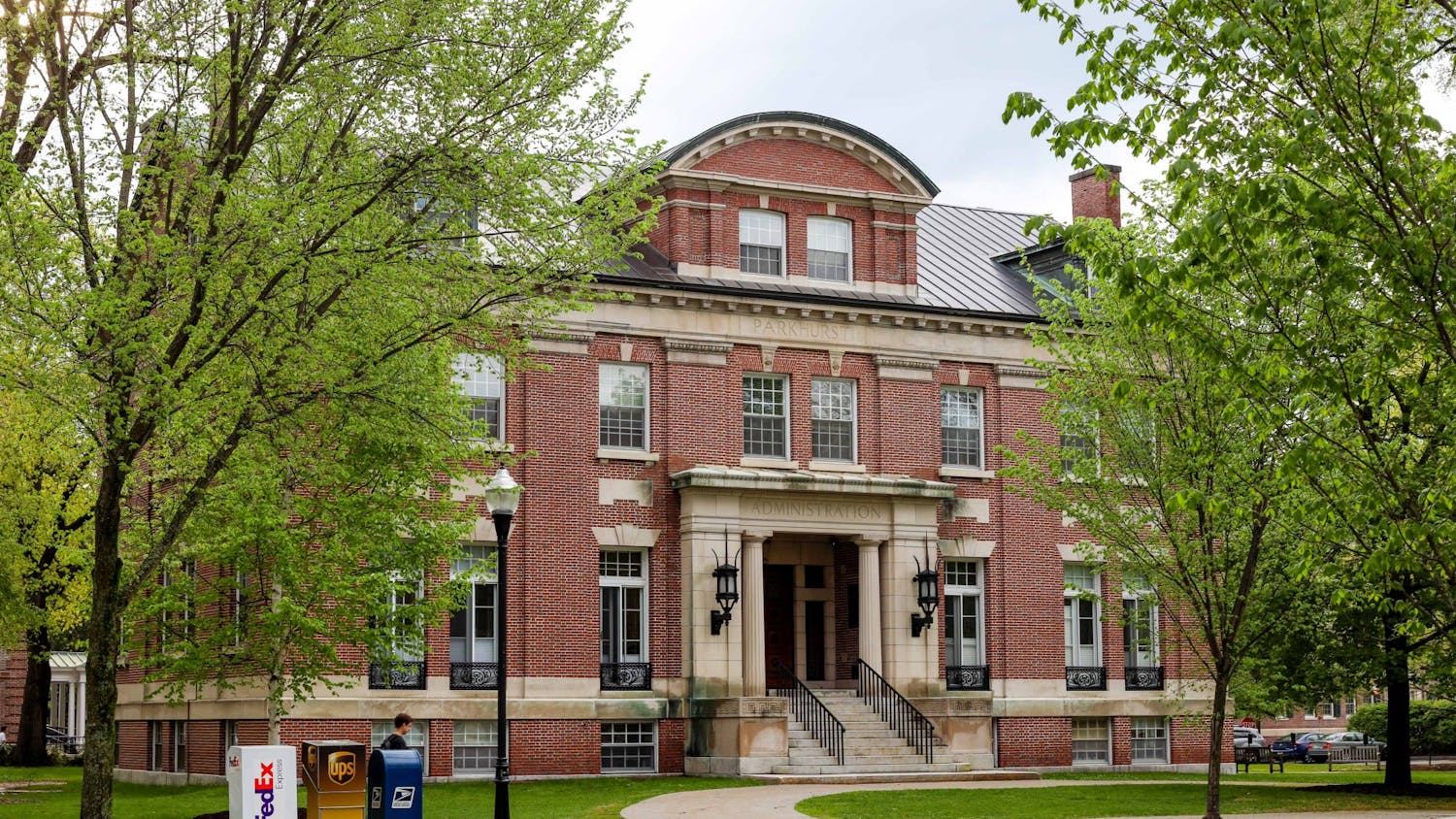Lately, I have spent more time than ever before thinking about the future — not just my individual plans, but what the concept of the future means. As a history major and art history minor, my mind is usually focused on the past. These historical perspectives are perpetually useful for understanding the present moment, even the “unprecedented” present moment we face today. Recently, I have been trying to translate my inclination to ask and answer the question, “How did we get here?” into the question, “Where are we going?”
An assignment for one of my classes last term merged the two inquiries by asking us to consider how future historians will interpret this pandemic. Of course, the response I submitted for that assignment in March is now irrelevant — the status quo of the past collided with the pandemic of the present and ruptured our collective vision of the future.
The confusion that set in at the beginning of spring term seemed insurmountable. Everything felt unknown, except for my immediate surroundings. I remember the hours after arriving home on that Wednesday in March, falling into a deep sleep after pulling an all-nighter to finish my finals and awakening in a different world. With each passing hour, it seemed less and less likely that I would be returning to Dartmouth in the spring. And then, the death knell: an email confirming that spring term would be remote.
Like many students at Dartmouth, I am a person who likes to plan. Before I even got to Dartmouth, I began to develop a careful plan of what I wanted my experience there to look like, scoping out performance groups I wanted to join, when and what I wanted my off term to be, where I wanted to go abroad. The planning did not cease when I arrived on campus — in fact, it only got more detailed. In retrospect, my weeks were a hurried montage of plans: classes, improv rehearsals, meetings and Collis meals with friends punctuated by study sessions in the East Reading Room.
So here I was, sitting in my childhood bedroom, without a plan for seemingly the first time in my life. While that may sound like an exaggeration, I’m sure many other Dartmouth students can attest to the overscheduled existences that we have amassed since we were small children, a list that — for me — started with kindergarten soccer and ended with TA-ing COSC 1 last winter. Suddenly, the college experience I had envisioned had seemingly evaporated. With my D-Plan hanging in the balance, the status of my FSP uncertain and all of my belongings locked away in my dorm room, the rest of my Dartmouth career seemed like a long, dark maze.
What I have realized while writing this piece is that I may never return to the future I envisioned. The idea of going back to the future is inherently a strange sentiment, but I think it is an apt way to describe one common attitude toward this strange present. I spent two decades constructing a certain future. While that future was always just out of reach, I lived in the comforting glow of its nearness, knowing that with each passing day, new aspects of it would come to fruition. Now, coronavirus has snatched that future away from me, placing it in a dark landfill of dashed dreams in some parallel universe.
I spent most of the past few months trying to come up with clever ways to get back to that future. But I have since realized those attempts are futile. Maybe those futures were never mine to hoard, and to expect that everything would always go my way was vain. It is a bit counterintuitive, but letting go of futures that were never promised to us can be even more difficult than letting go of pasts we cherished.
This is not to say that I now believe the future is something that just happens to us when it morphs into the present. I still believe we each construct our own futures, but I have realized that the terrain on which we build them, as well as the resources we build them with, are subject to change without our input.
Of course, I still want to get back to campus, I still want to go abroad and I still want my things back. But more than that, I would give anything for another vegan muffin from KAF, another Tuk Tuk dinner, another afternoon by the river, another night where parting with my friends was “goodnight” and not “goodbye.” While the months that would have hemmed in the rest of my Dartmouth plans — such as sophomore summer — begin to pass me by, I have realized it is actually these quotidian joys that I miss the most. I have developed a newfound appreciation for the little things that make Dartmouth unique.
In mourning the opportunities I have lost to the coronavirus pandemic, I would be remiss not to acknowledge that my reflections may reek of self-pity when there are students who have been much more deeply affected than I have. Who am I to complain when there are international students who feared that their visas would be mercilessly and baselessly suspended? Who am I to complain when there are athletes who have had not only their individual futures, but their entire programs’ futures, wrenched from them in such an insulting fashion?
At first glance, these students’ experiences over the past few weeks seem to illustrate that the future of Dartmouth itself is not the sum of our collective futures at the college; rather, the institution’s future is dictated by a faceless coterie of administrators. However, I think that interpretation is unduly bleak. The resilience of the affected athletes and international students over the past few weeks, as well as the support they have received from the rest of the student body, demonstrate that we do have the power to shape the future of our institution.
What’s more, there are many Dartmouth students who have been working tirelessly to set the trajectory for the future of our school and the Upper Valley since before the pandemic even started. There are students running for statewide office, for example. On a broader level, Dartmouth students around the world have spent the past two months organizing for racial justice at every level of society.
As the deadline to finalize my own plans for the coming year at Dartmouth approaches, I am still grappling with how to approach this new future. As some states and cities move to roll back their reopening plans, even plans that were adapted to the pandemic have been cast into uncertainty. I am, admittedly, not sure how to best make decisions about the future when there is so much uncertainty in the present moment. The pandemic has forced me to think extensively about what the future means, but each moment I spend grappling with this only leaves me more confused about what the future looks like. I’ve had to accept that I do not know what the future holds … and maybe that’s okay.




